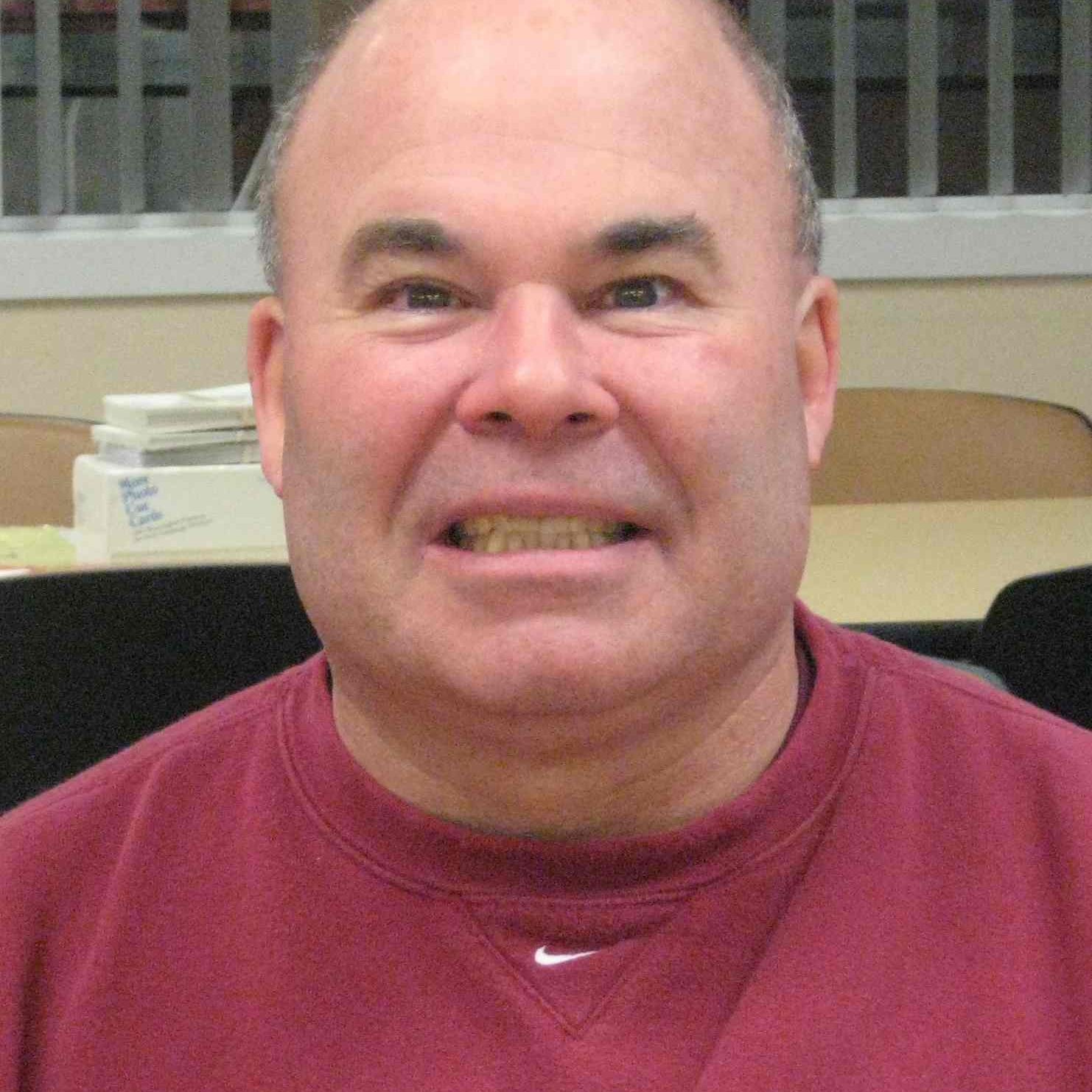A former Physical Education and Health teacher, youth football coach, high school track meet official and Summer Recreation Director in Bergen County, New Jersey, Bill’s life was devoted to kids and sports. His life was turned upside down when he suffered a stroke at 50 and developed aphasia, the communication disorder that occurs in 25-40% of those who suffer strokes. Prior to his stroke and aphasia, Bill was a beloved yet headstrong and focused coach, teacher and family man. He never minced words. His influence was far reaching in the lives of young athletes and their families. Now he was afraid to simply speak, much less leave his house. Aphasia left him with the inability to communicate. He still had his intellect intact, but couldn’t express himself. His demeanor and jumbled words were sometimes mistaken for being unintelligent. He became depressed and lost his strong sense of self-confidence. He had to abandon his hopes and dreams for his young football players, because he could no longer take an active role in shaping them for high school or college play.
Fast forward three and a half years later. Bill joined a post-rehabilitative therapeutic center that addresses the long-term needs of people with aphasia and their families, following a stroke. His goal was to get back the quality of life he used to have. As his involvement in group activities at the center grew, so did his communication skills, his self-confidence and his willingness to speak in public. There, Bill had access to the latest technology to help him better communicate. Using an iPad as an assistive device and the latest software applications, Bill has learned to personalize his iPad to support him in his communication efforts.
Recently, Bill presented and demonstrated this technology in front of a crowd of more than 250 people. This was the first time since his coaching and teaching days that he was able to make this giant step. Bill can now comfortably express what’s on his mind in front of any size crowd with confidence; he can answer his home phone much to his family’s delight; he can have a conversation about the latest sports scores with a stranger in line at the grocery store; and most importantly, he can tell his family how much he loves them.

